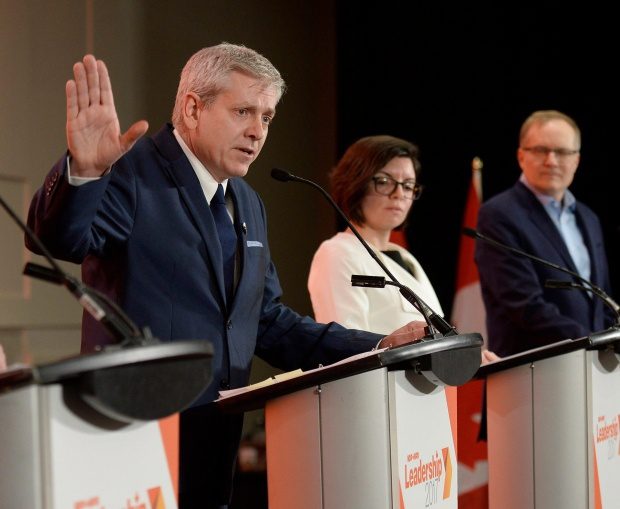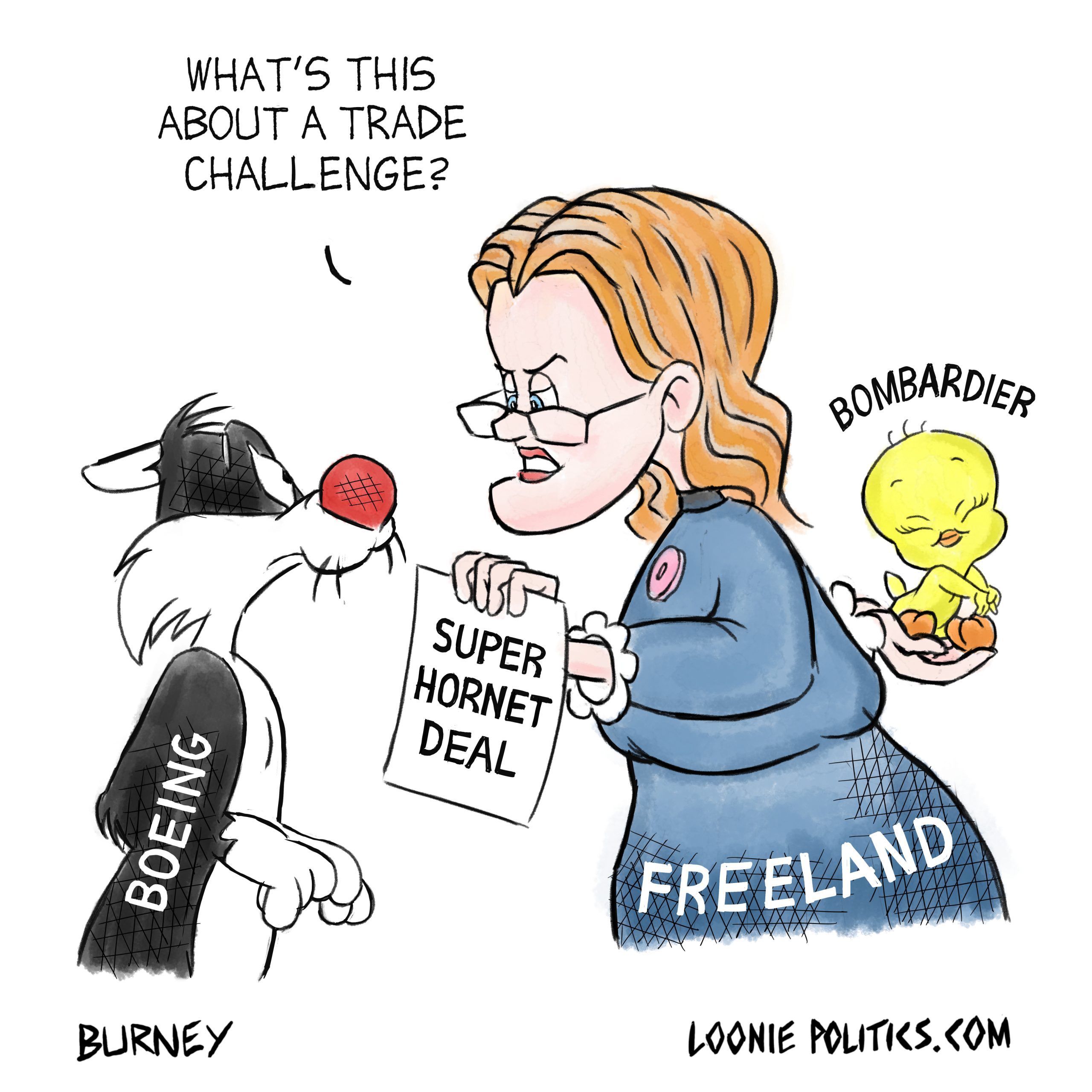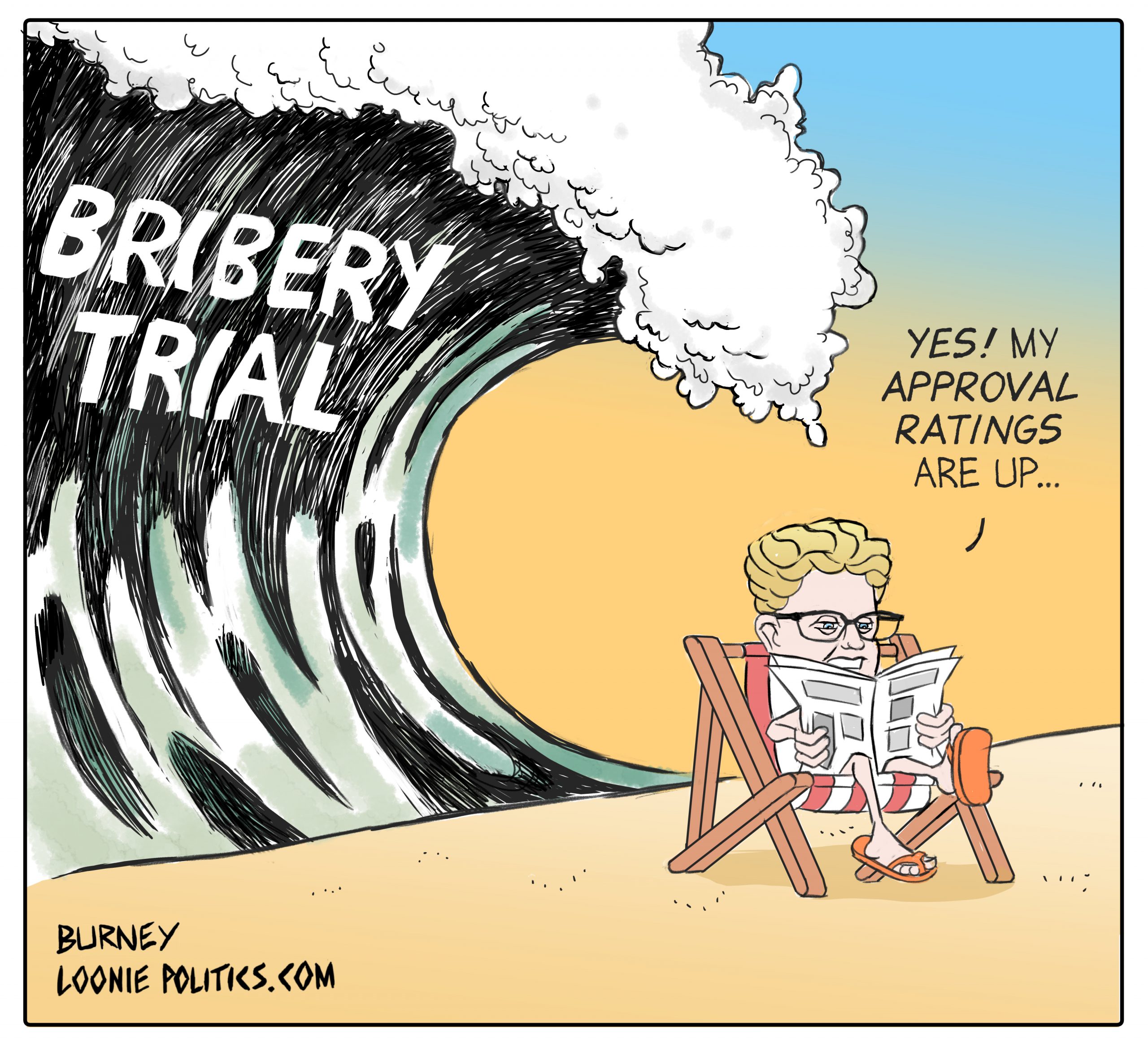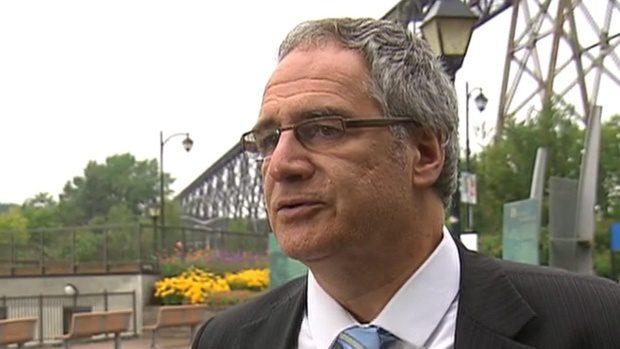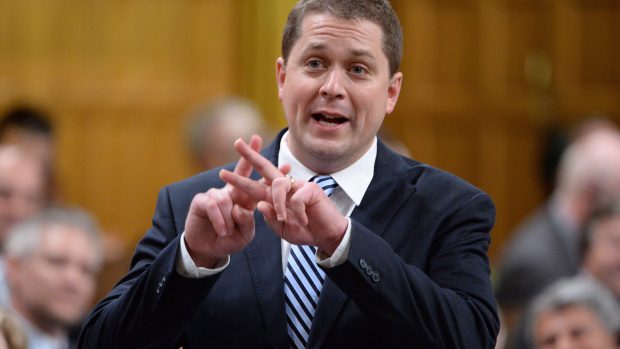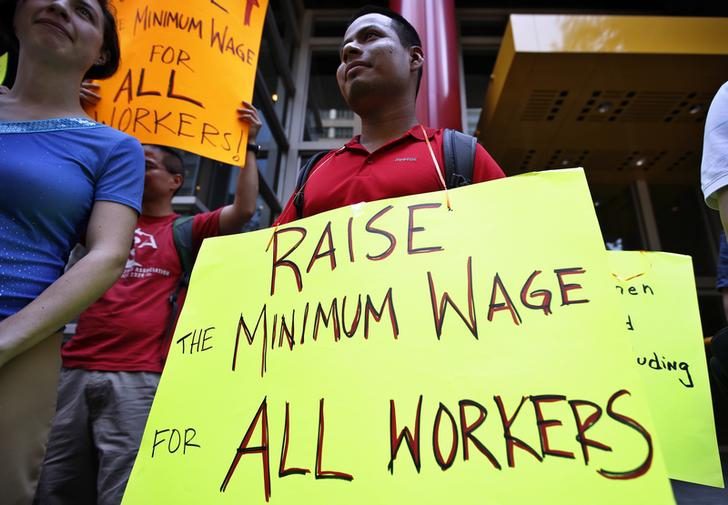Most NDP members have received their ballot kit by now, some even received two. On Sunday afternoon, many of them will likely tune-in to the NDP Leadership Showcase, which is happening in Hamilton.
The four candidates will be allotted 22 minutes to make their last official party sanctioned pitch to New Democrats. The party has decided to innovate for this Leadership race and try to maximize members' participation. This event is meant to replicate the Friday night speeches you would have received under the dated delegated leadership convention model.
If every single person who announced they were seeking that contest had made it to this point, you would have seen 12 candidates take their turn on Sunday afternoon. Cheri Di Novo dropped out before the race even started, for health reasons. Brian Graff was rejected by party officials and by the court. David Berlin, Ibrahim Bruno El-Khoury, Alan Gorman registered with Elections Canada but failed to meet the minimum party requirements. Socialist caucus treasurer Mike McNamee announced he was in but didn't go anywhere. Pat Stogran dropped out a few days after his first debate. Peter Julian abandoned during the dog days of summer.
This leaves four New Democrats standing. The race has not produced as much ink or as much money as the Conservatives, but it has been an interesting race nonetheless. Media and pundits might have complained a lot about the low-profile, the format, the rules, but the truth is that 124,000 NDP members have been engaged.
My social media feeds have been overtaken by serious discussions about the future of the party and which of the four can lead the orange crew forward.
Jagmeet Singh is now perceived as the front runner. He certainly has brought some buzz to the race. His recent encounter with a racist heckler has been seen by more than 35 million people. Many describe him as the NDP answer to Justin Trudeau, a hipster politician with fancy suits and stylish turbans. His campaign hopes to win on the first ballot and has lots of dedicated volunteers.
Charlie Angus has established himself as the guy who's got your back. A classic New Democrat, fighting for the little guy, with rural and blue collar roots. But also a no-nonsense punk rocker with a big heart. He is seen as Singh's main contender and has been courting Ashton and Caron's supporters in order to secure a come-from-behind victory in the later rounds.
Niki Ashton has matured since her attempt to succeed Jack Layton in 2012. She is targeting millennials, the left wing of the party and is a self-describe transactional eco-feminist. She is using slogans like "You say privatize it, we say nationalize it" and is trying hard to channel Bernie Sanders and Jeremy Corbyn.
Guy Caron has been lagging behind but is now surging at the end of the race. He has secured big endorsements of late, including numerous MPs and former NDP Leader Alexa McDonough. He is the most cerebral of the bunch, with a plan that adds up. He has grown during the race and learned to show empathy and relate to people. Despite his small regional Quebec base, he makes the case that he is best positioned to revive the party in La Belle Province.
These four candidates now must get their vote out. Singh and Angus will rely on their respective organizations, having targeted and identified supporters. Ashton and Caron will hope for a high turnout to pull an upset win. Whatever happens, the NDP could do worse than these four.
Each of them will use Sunday's showcase as the platform to bring the Crown home. They've had very serious and respectful debates, with a lot more agreements than disagreements. They have one last shot at triggering some fireworks and maybe even interest Canadians to pay attention to the finale.
Let's hope they are ready and have their game faces on.





